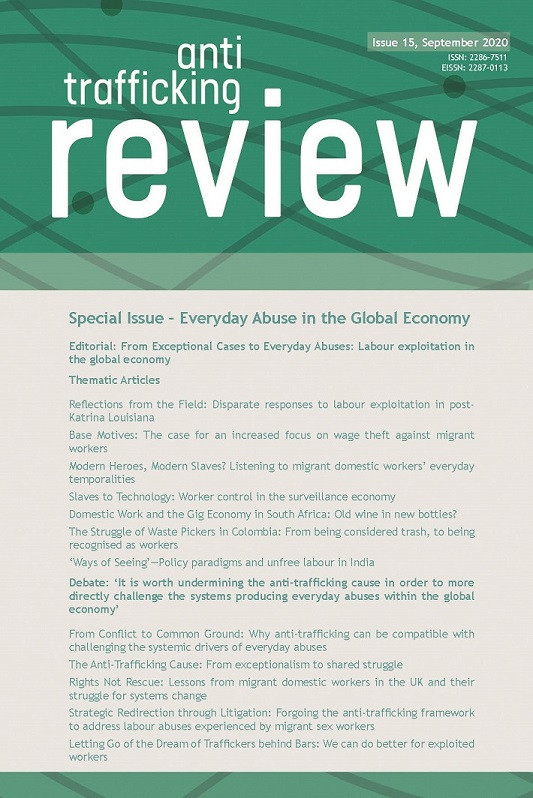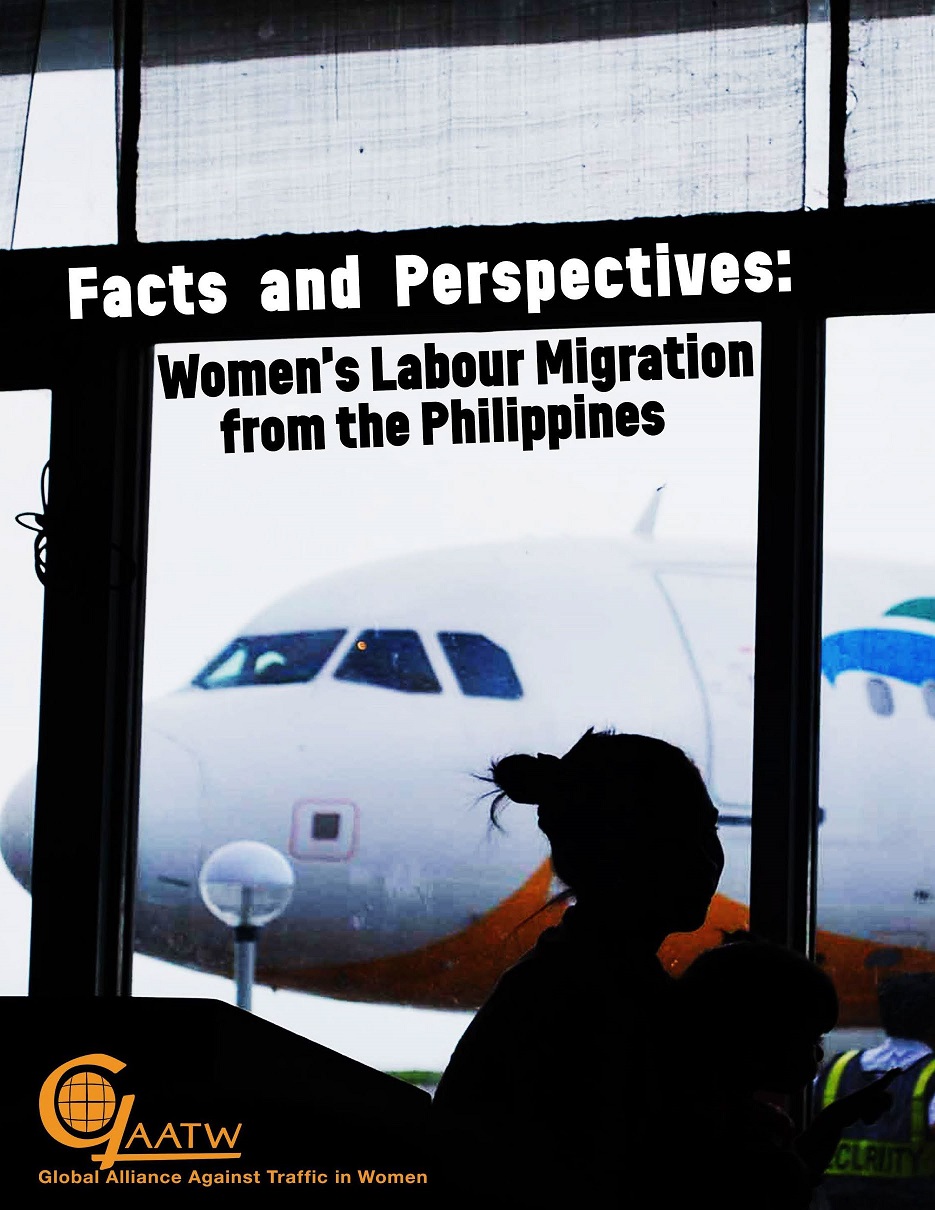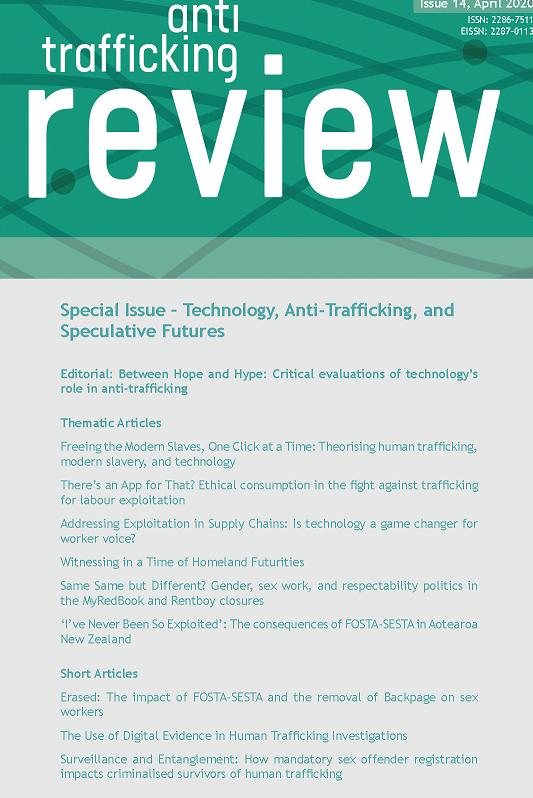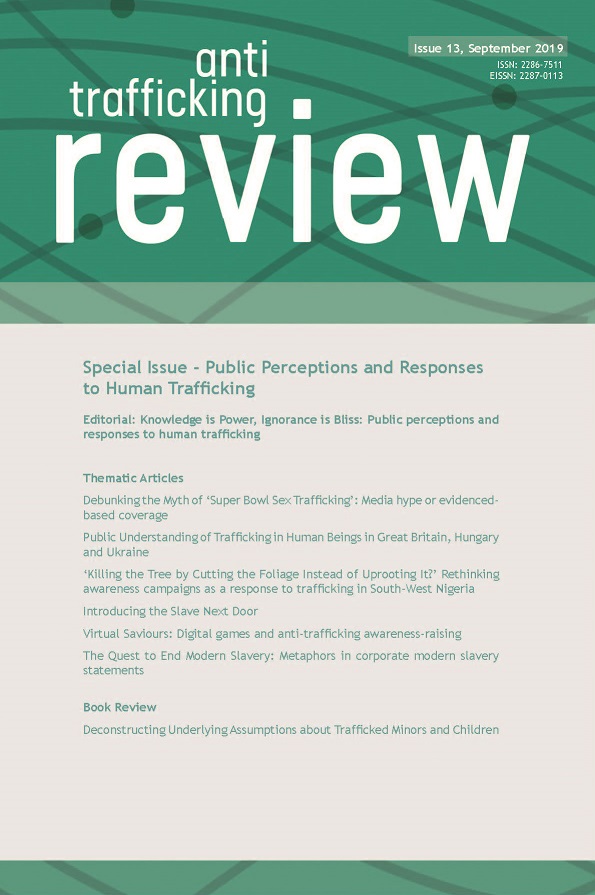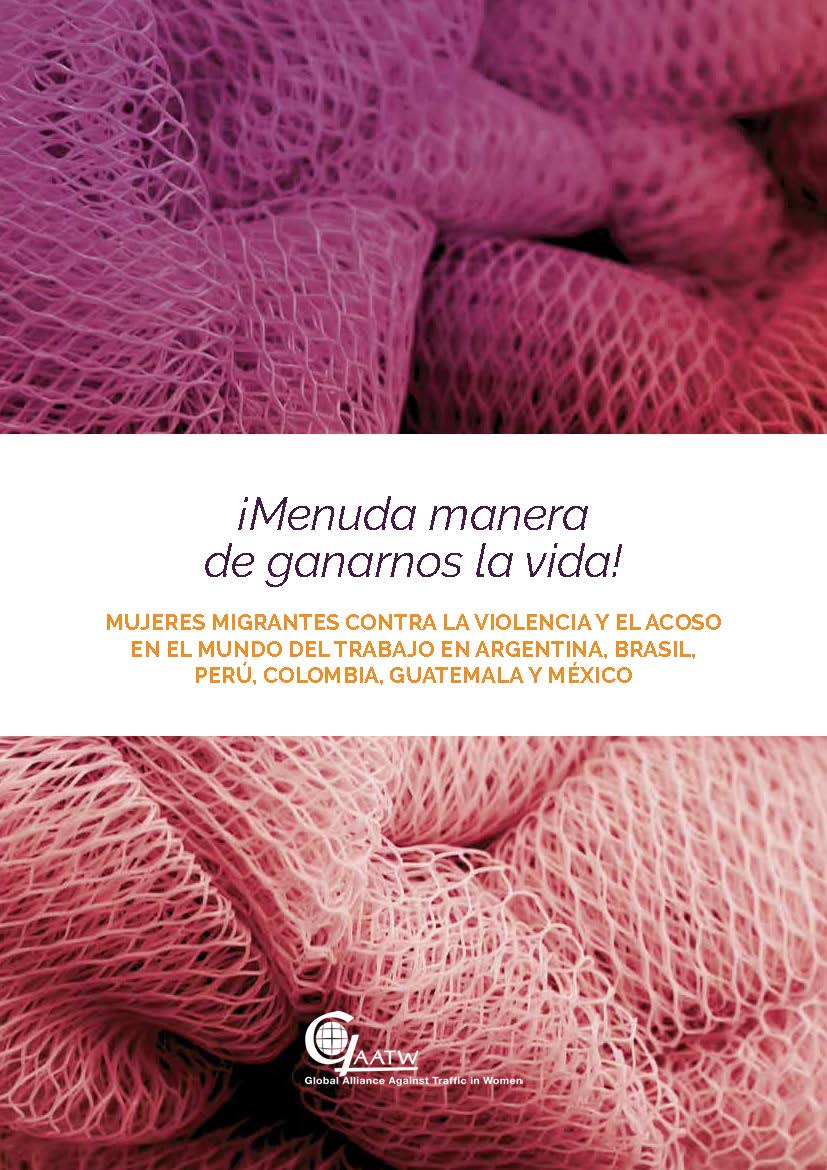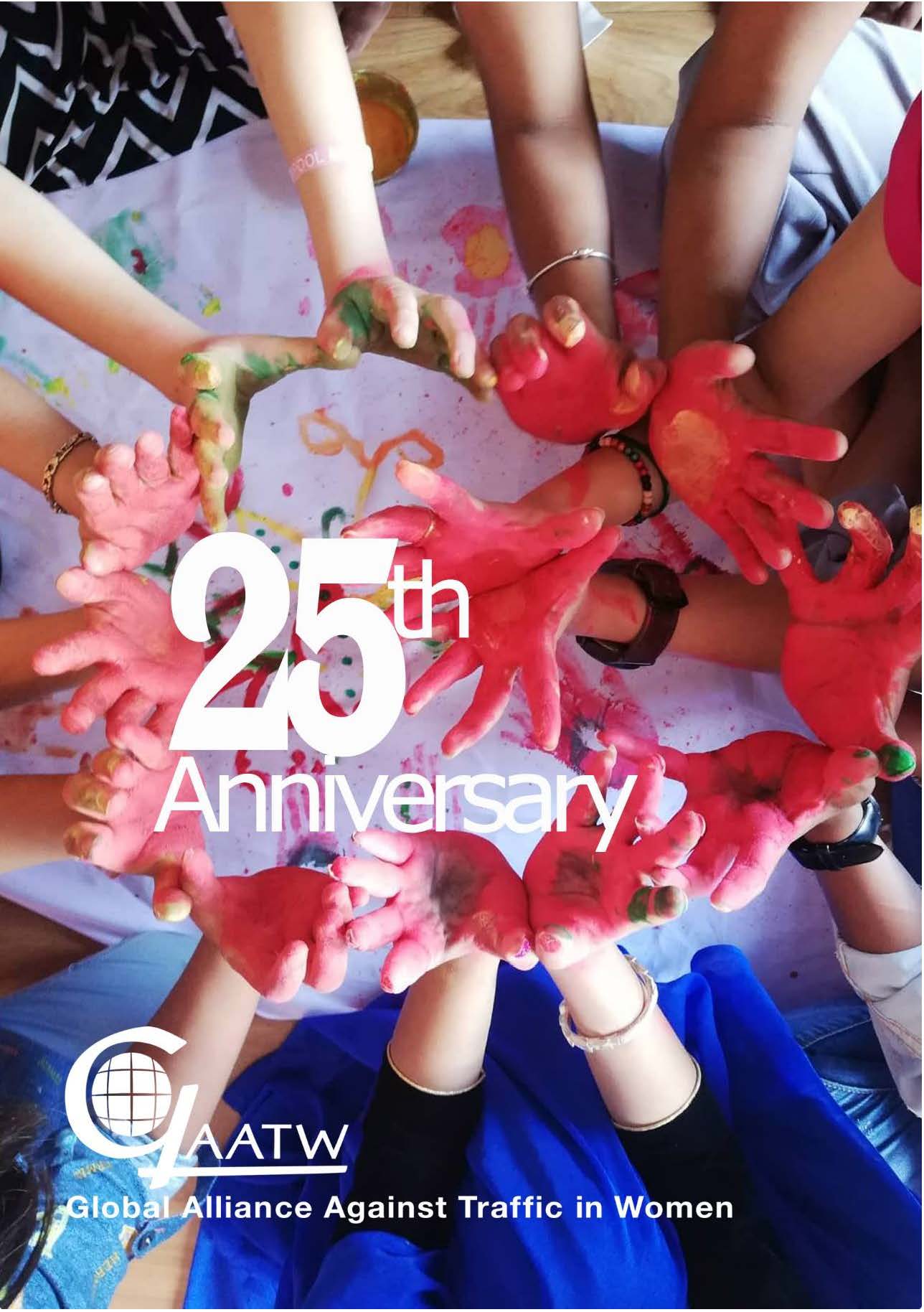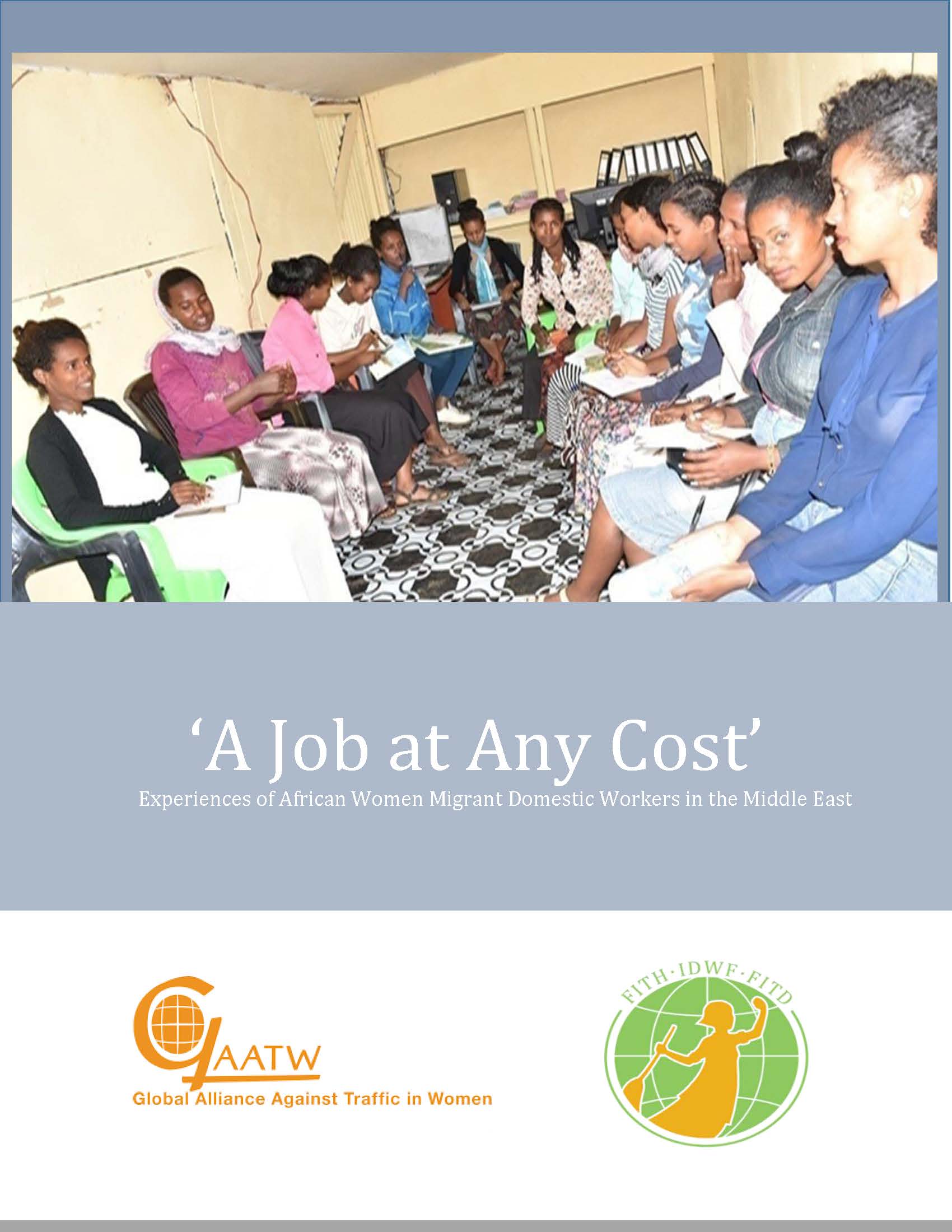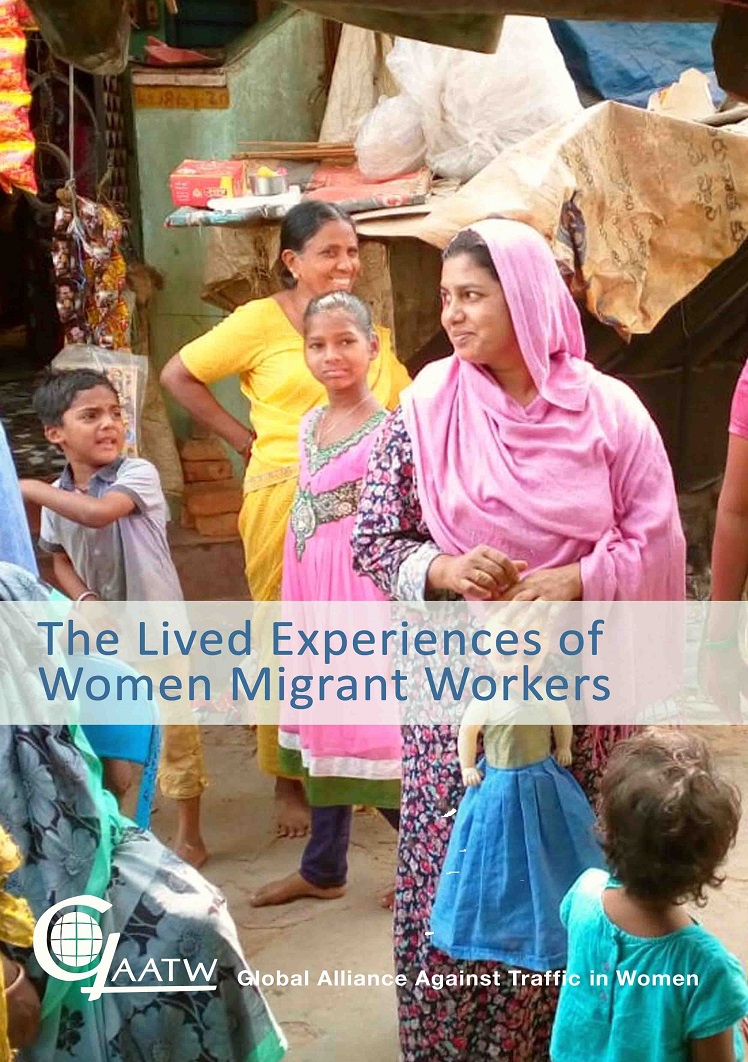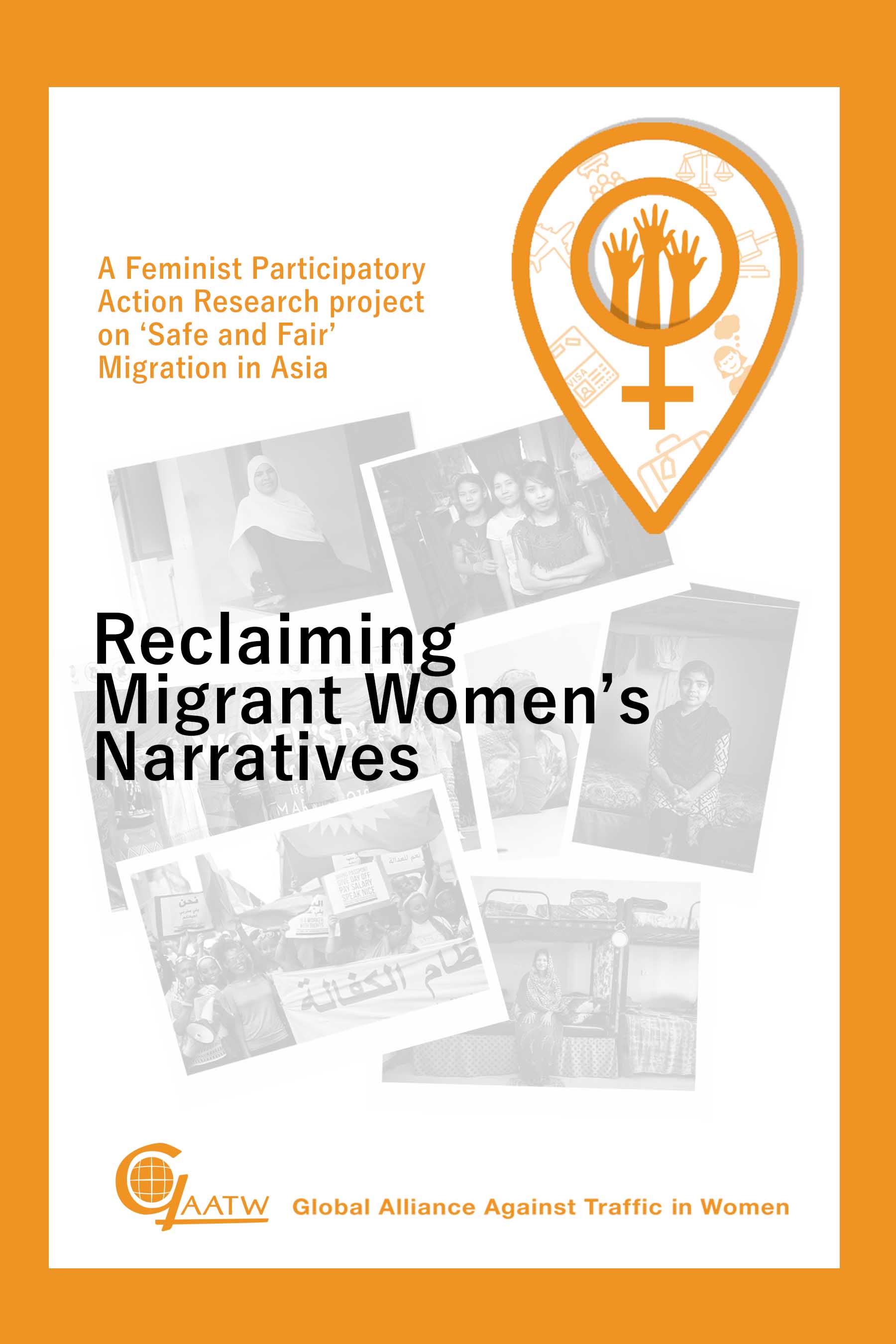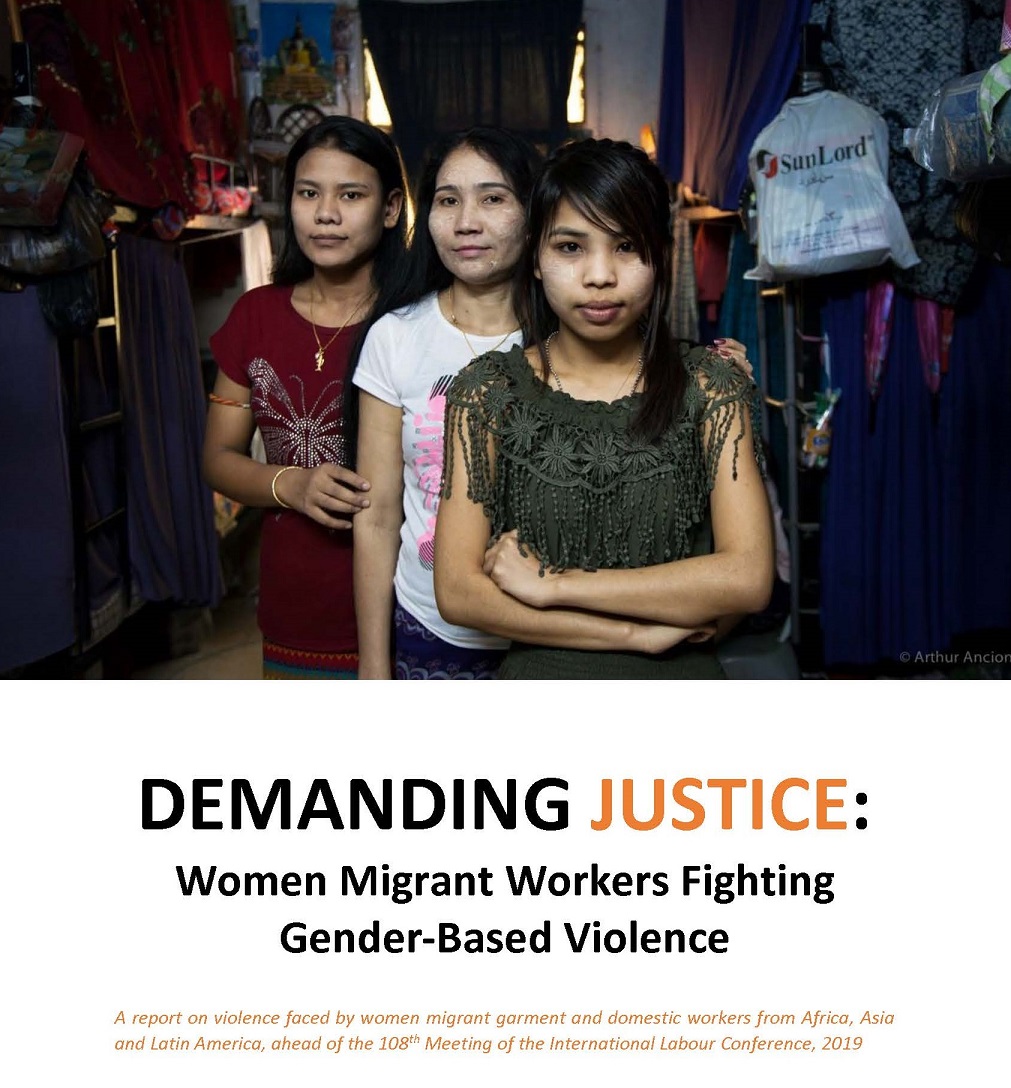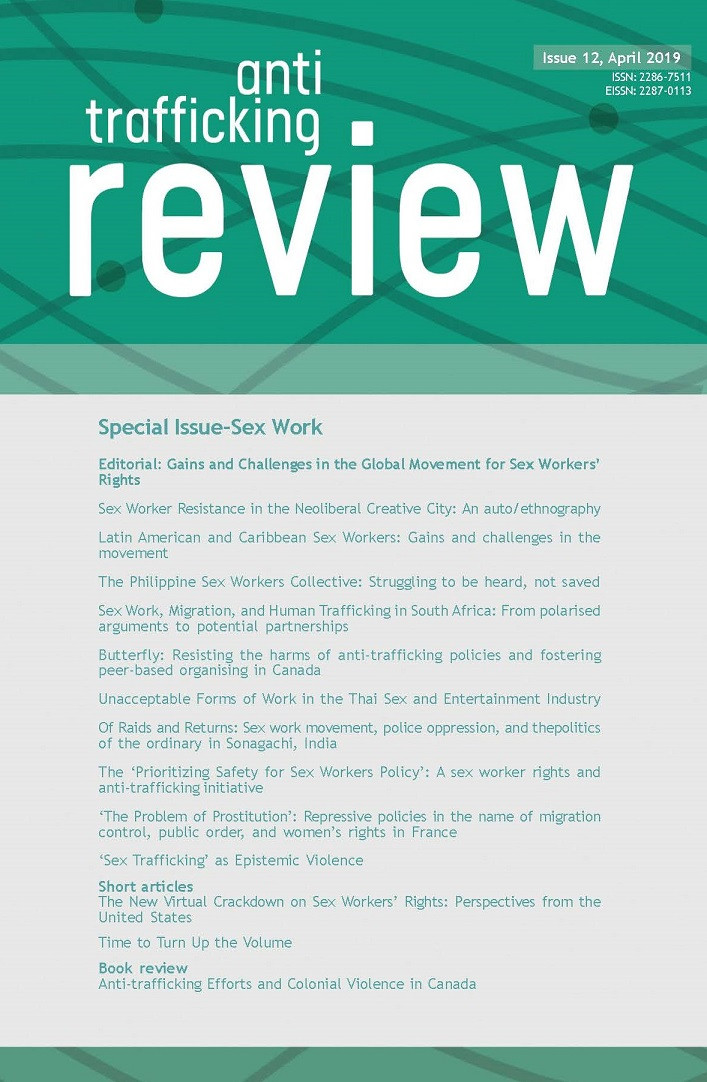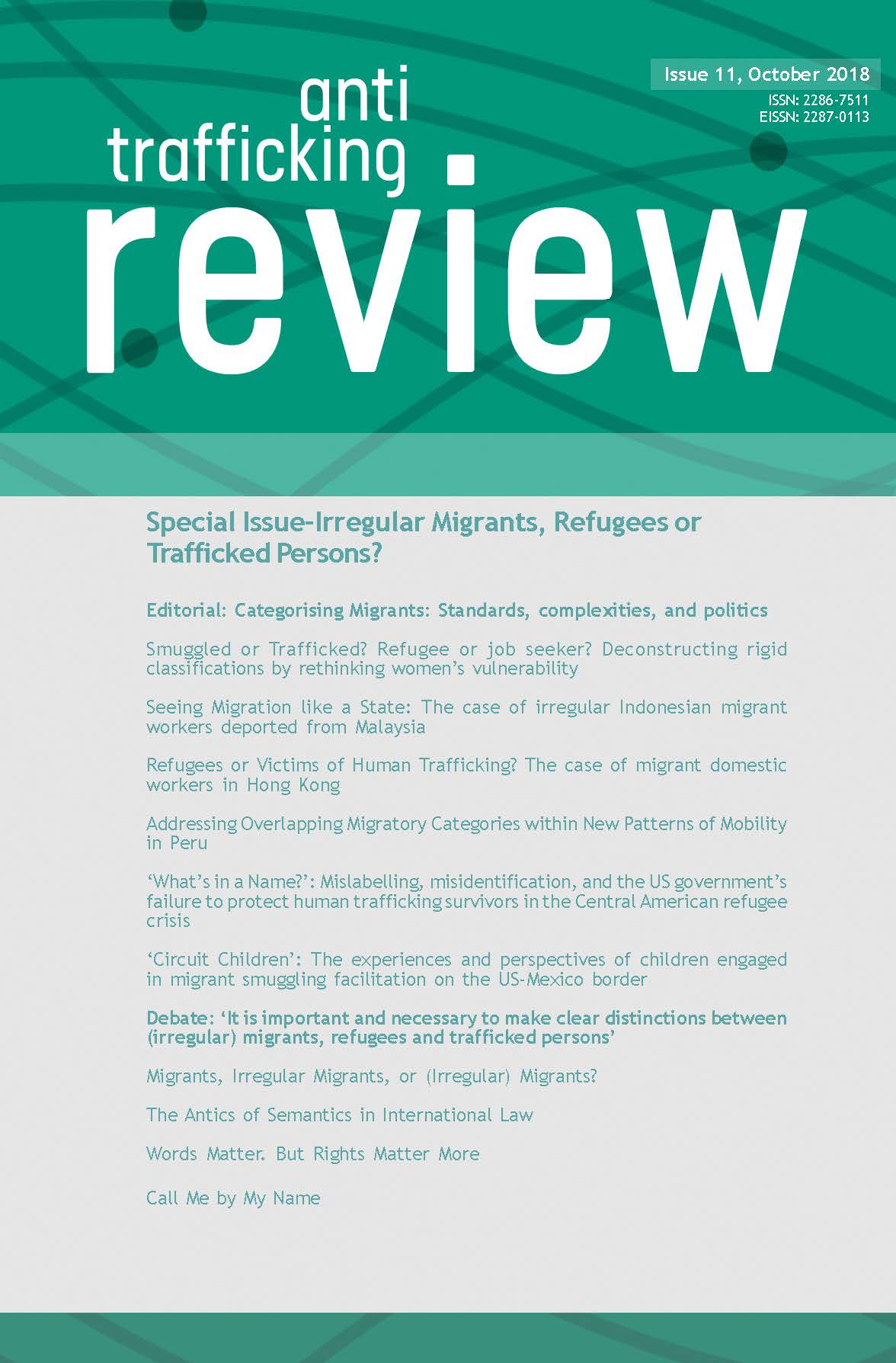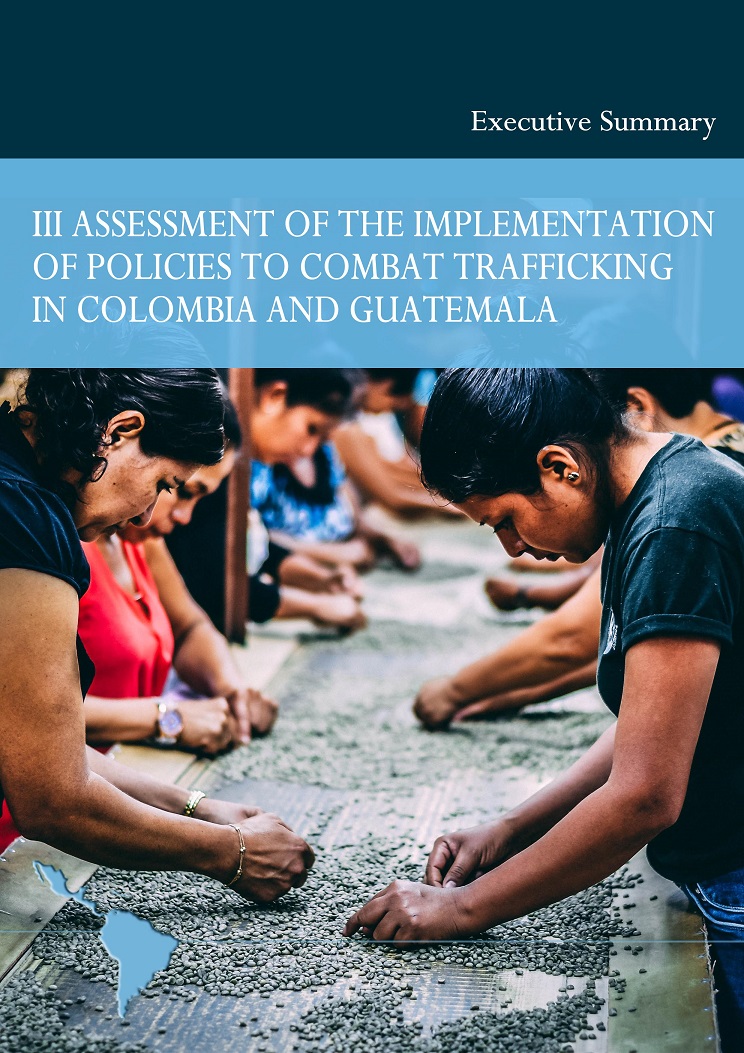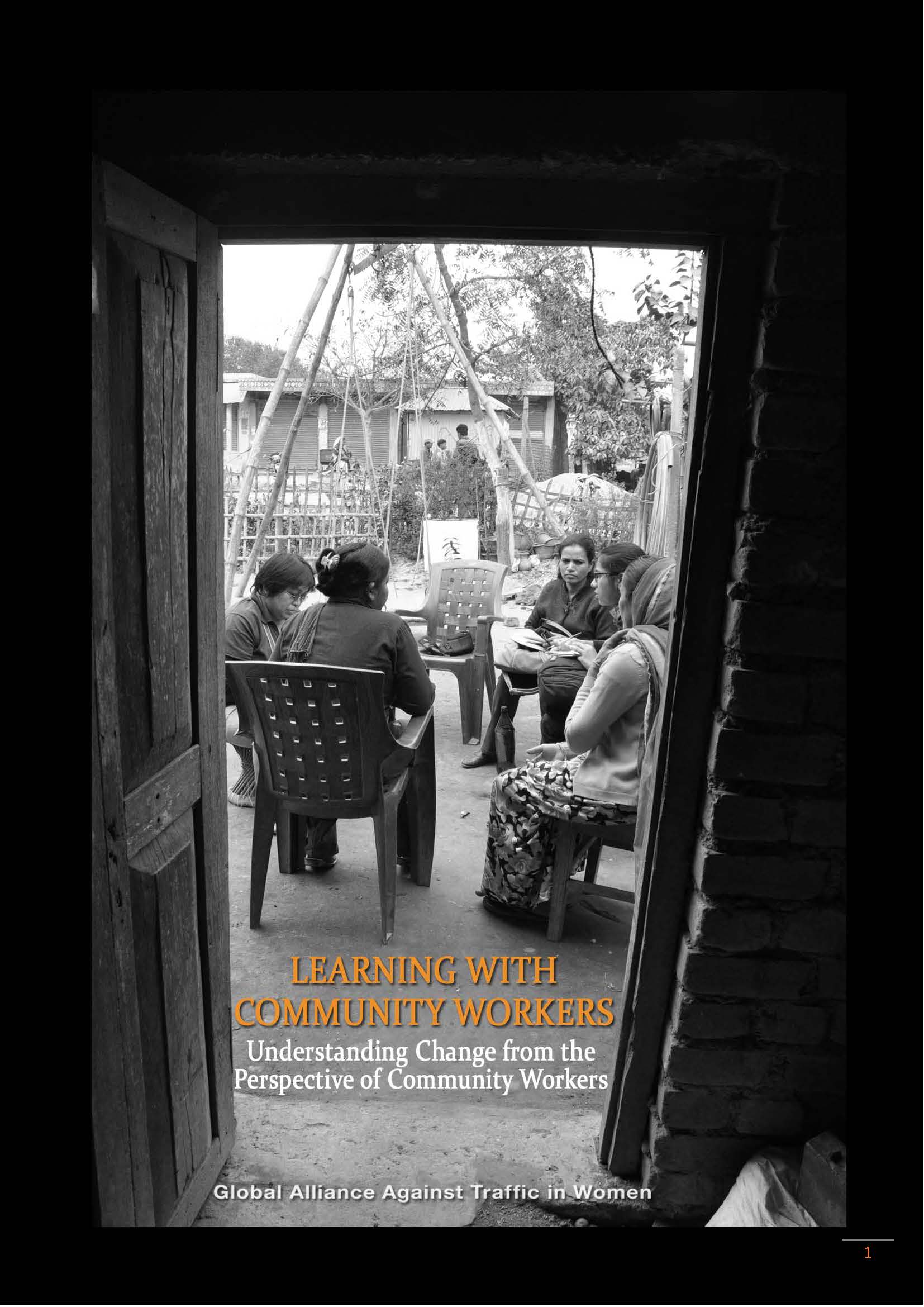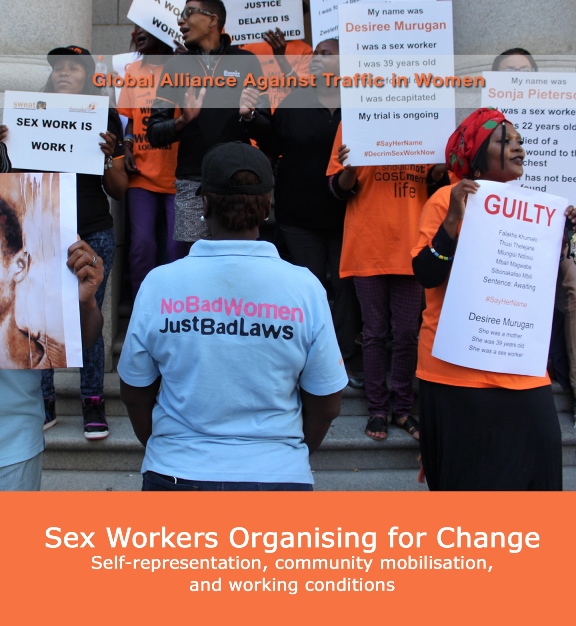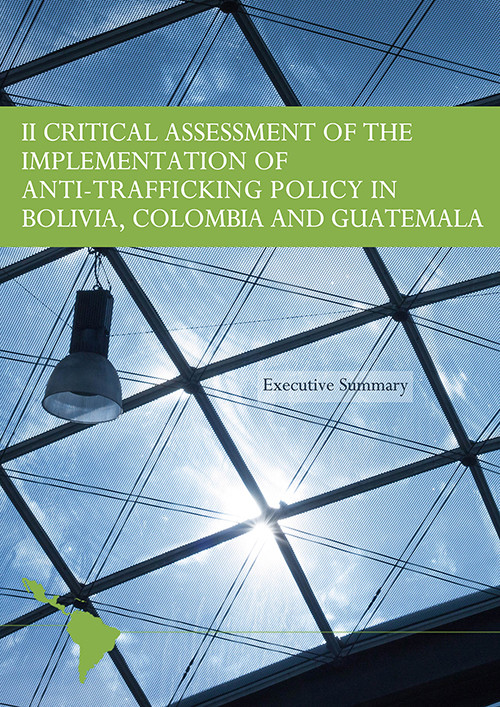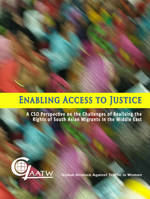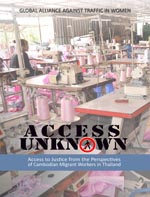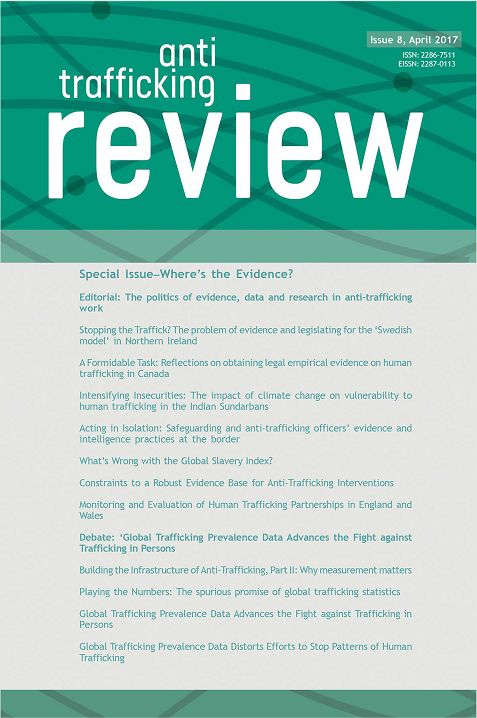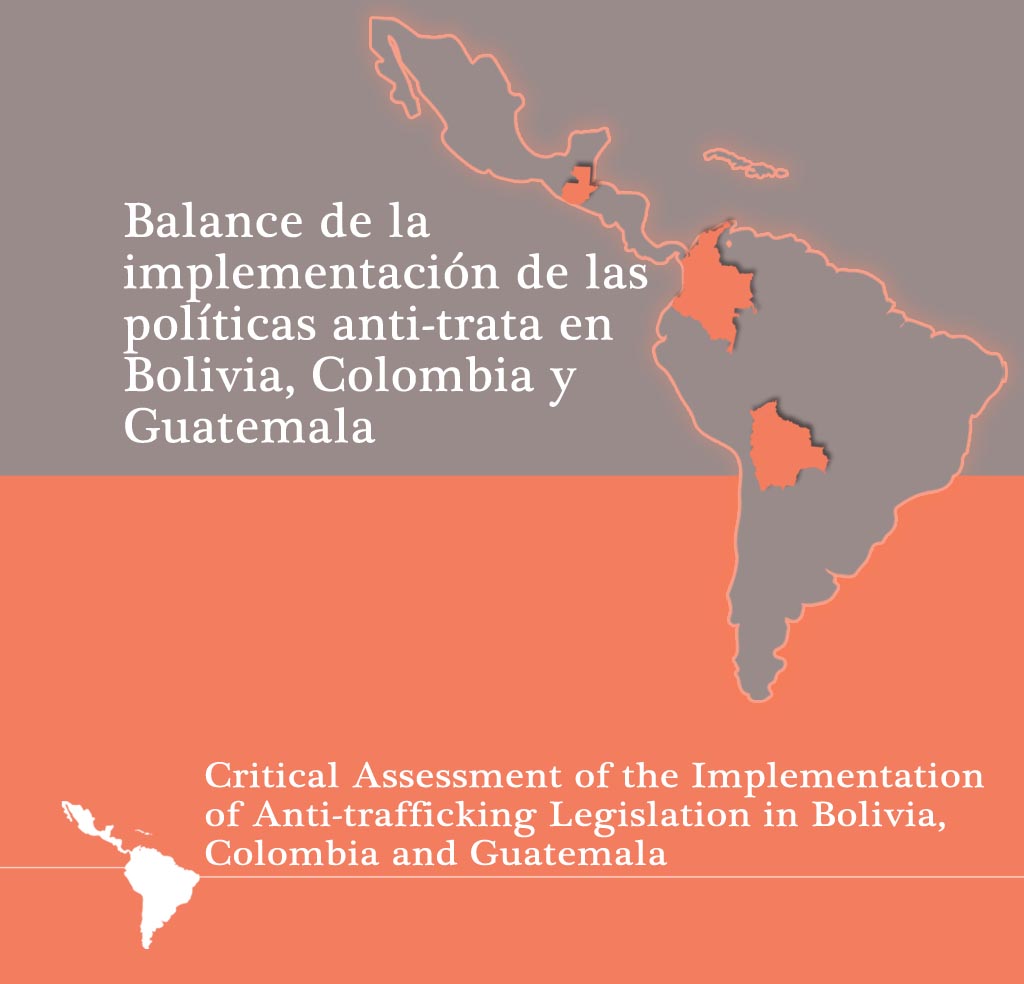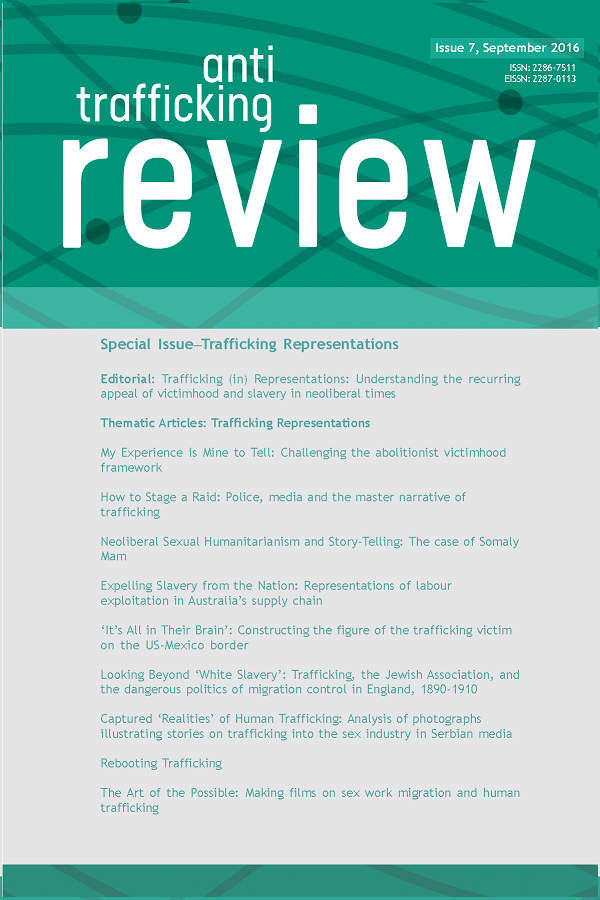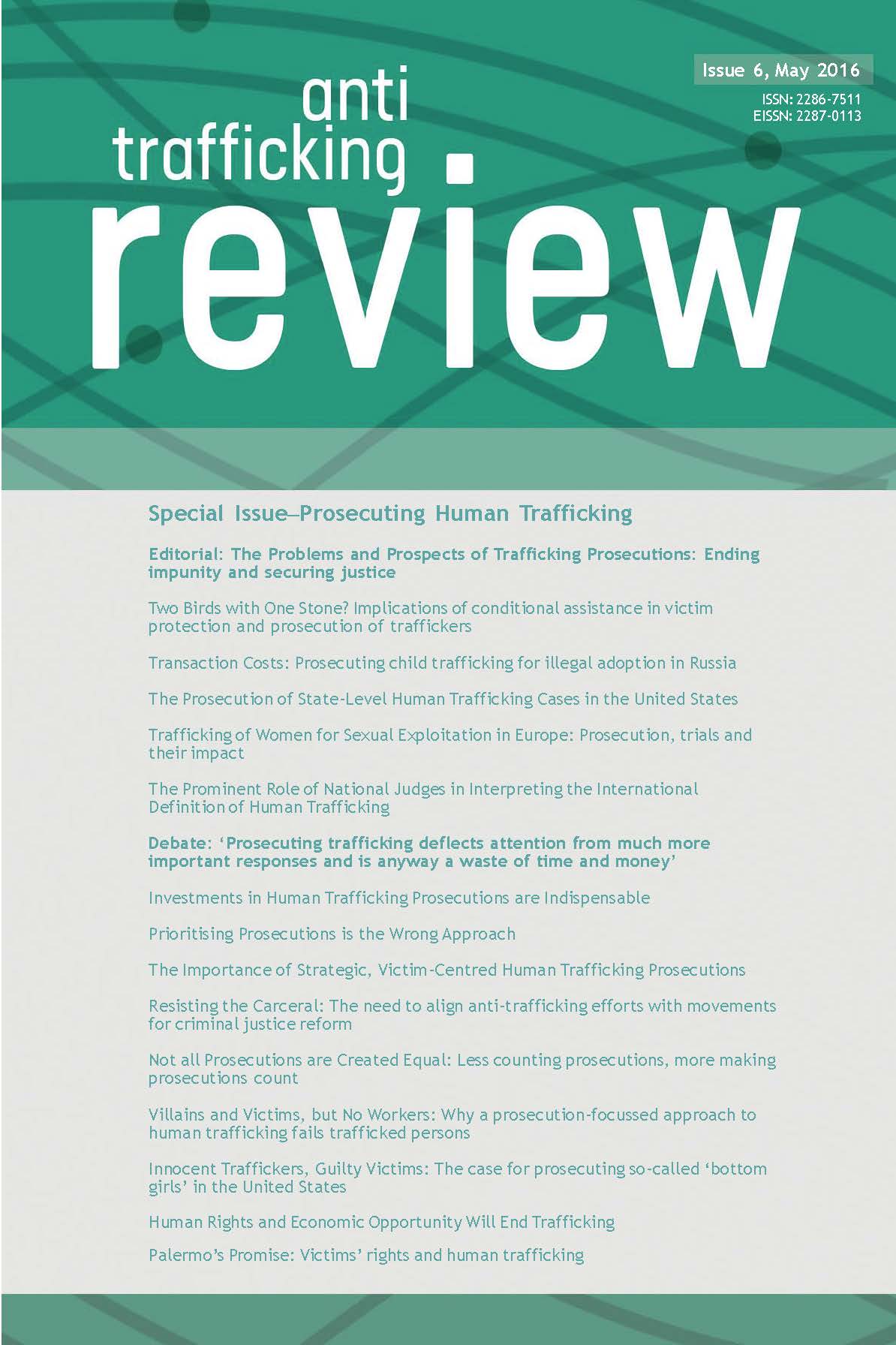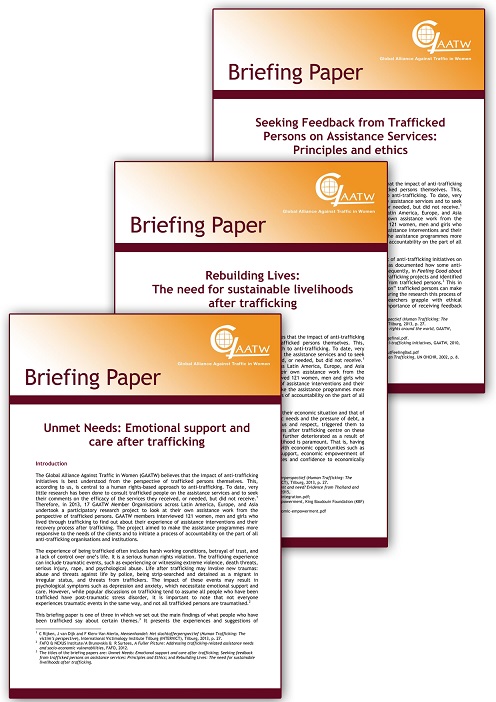GAATW parallel events during the 66th Commission on the Status of Women
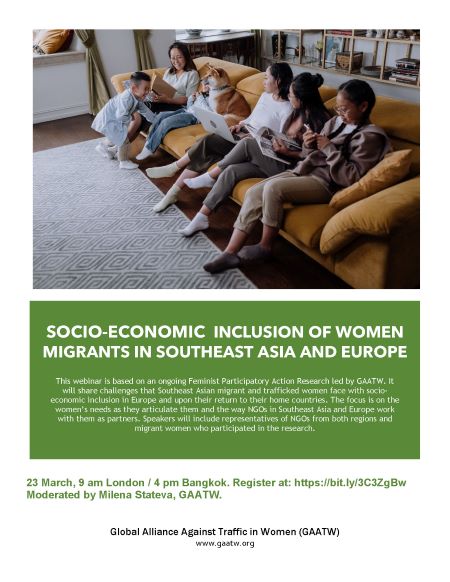 The 66th session of the Commission on the Status of Women (CSW66) took place in March in a hybrid format and all the side events and parallel events were held virtually. The priority theme for this year’s session was ‘Achieving gender equality and the empowerment of all women and girls in the context of climate change, environmental and disaster risk reduction policies and programmes’. GAATW co-organised three virtual parallel events with our member and partners.
The 66th session of the Commission on the Status of Women (CSW66) took place in March in a hybrid format and all the side events and parallel events were held virtually. The priority theme for this year’s session was ‘Achieving gender equality and the empowerment of all women and girls in the context of climate change, environmental and disaster risk reduction policies and programmes’. GAATW co-organised three virtual parallel events with our member and partners.
The first event, held on 21 March, focused on ‘Return and Reintegration of South Asian Women Workers’. We shared research findings on the topic of reintegration of women from Bangladesh, India, Nepal, and Sri Lanka who have returned after migrating to the Middle East. The discussion was moderated by Alfie Gordo from GAATW-IS and Manju Gurung, from Pourakhi, Nepal. Speakers included representatives of our partner NGOs in the four countries. They spoke about the challenges that women face upon return, such as stigma in the community and (lack of) employment opportunities that can guarantee sustainable livelihoods and decent wages. They also discussed the support that women need after migration, and whether the available government programmes for returnees can lead to true economic empowerment.
The second event, titled ‘Socio-economic inclusion of migrant and trafficked women in Southeast Asia and Europe’, took place on 23 March. It presented the preliminary findings of our research on the same topic. One Filipina domestic worker in the UK, and NGO colleagues from the Philippines, Vietnam, Germany, and the UK, discussed the challenges that women face in achieving economic empowerment in the destination countries and upon return, as well as what they need in order to feel ‘re/integrated’ in their country. The event was facilitated by Milena Stateva from GAATW-IS.
The third event, held on 25 March, focused on the theme of ‘Women workers and the climate crisis’. This short session was moderated by Bandana Pattanaik from GAATW-IS and featured women workers and representatives from feminist and migrant rights organisations in Bangladesh and Indonesia. The speakers discussed the impact of the climate crisis on the migration and security of women, as well as the human rights violations that women experience as a result.
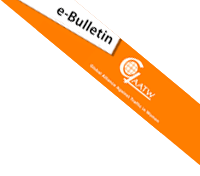


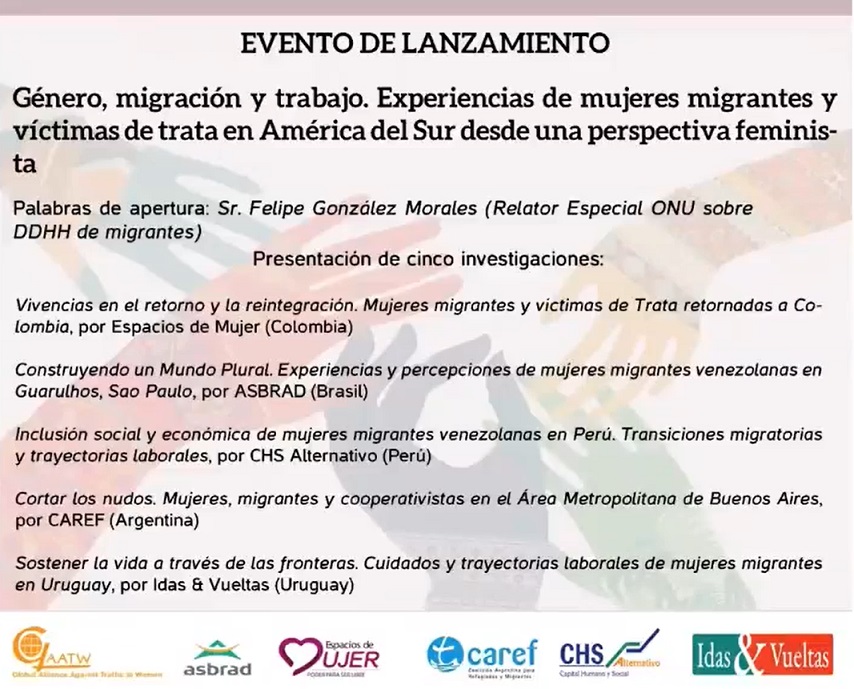 On 29 March, we organised an
On 29 March, we organised an 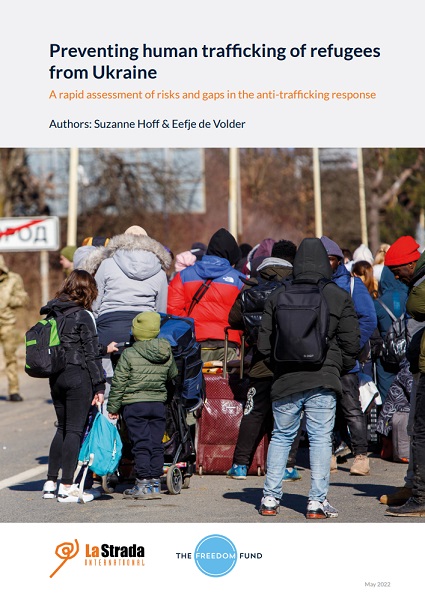 In February, La Strada International established an emergency fund to support Ukrainian colleagues to remain safe, flee the country and access shelter, or receive emergency support when needed. Donations to the emergency fund can be made via
In February, La Strada International established an emergency fund to support Ukrainian colleagues to remain safe, flee the country and access shelter, or receive emergency support when needed. Donations to the emergency fund can be made via 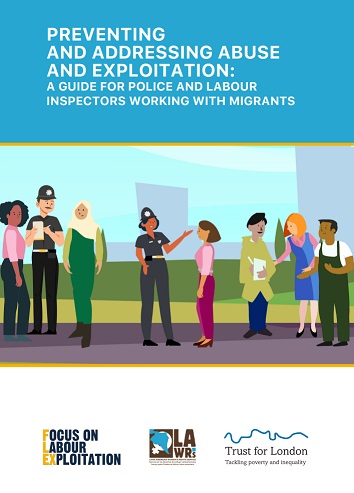 Focus on Labour Exploitation
Focus on Labour Exploitation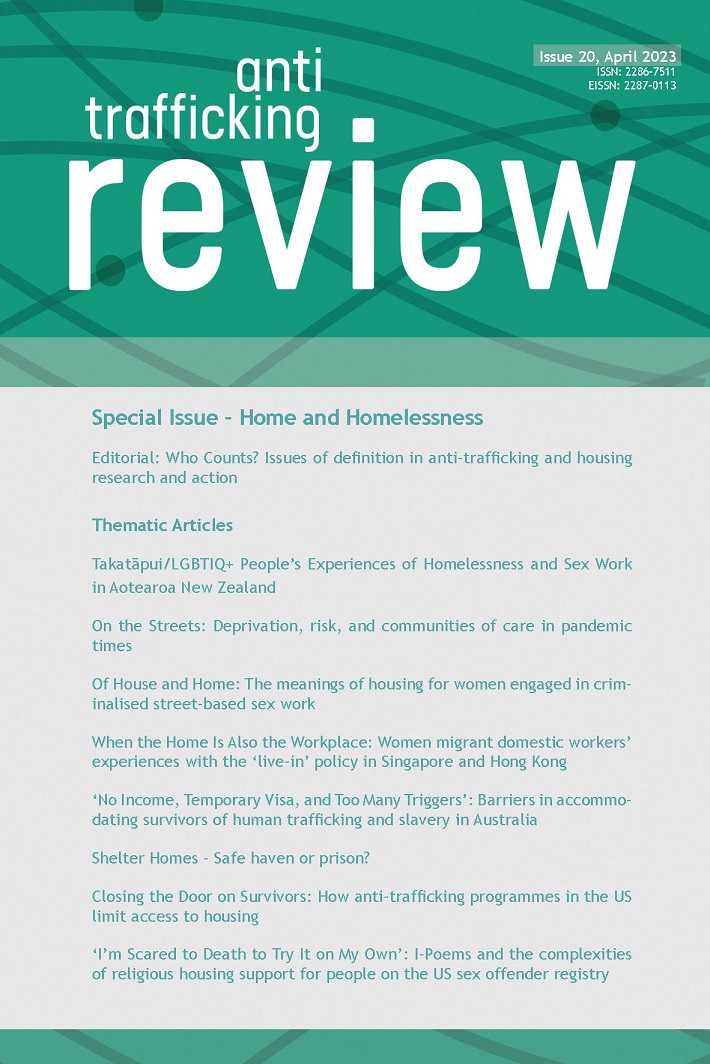
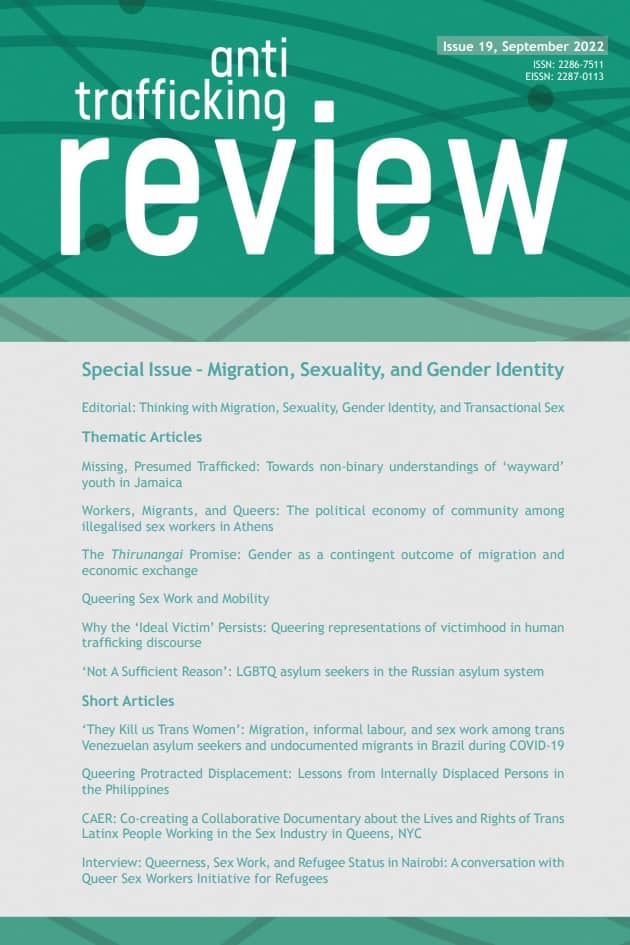
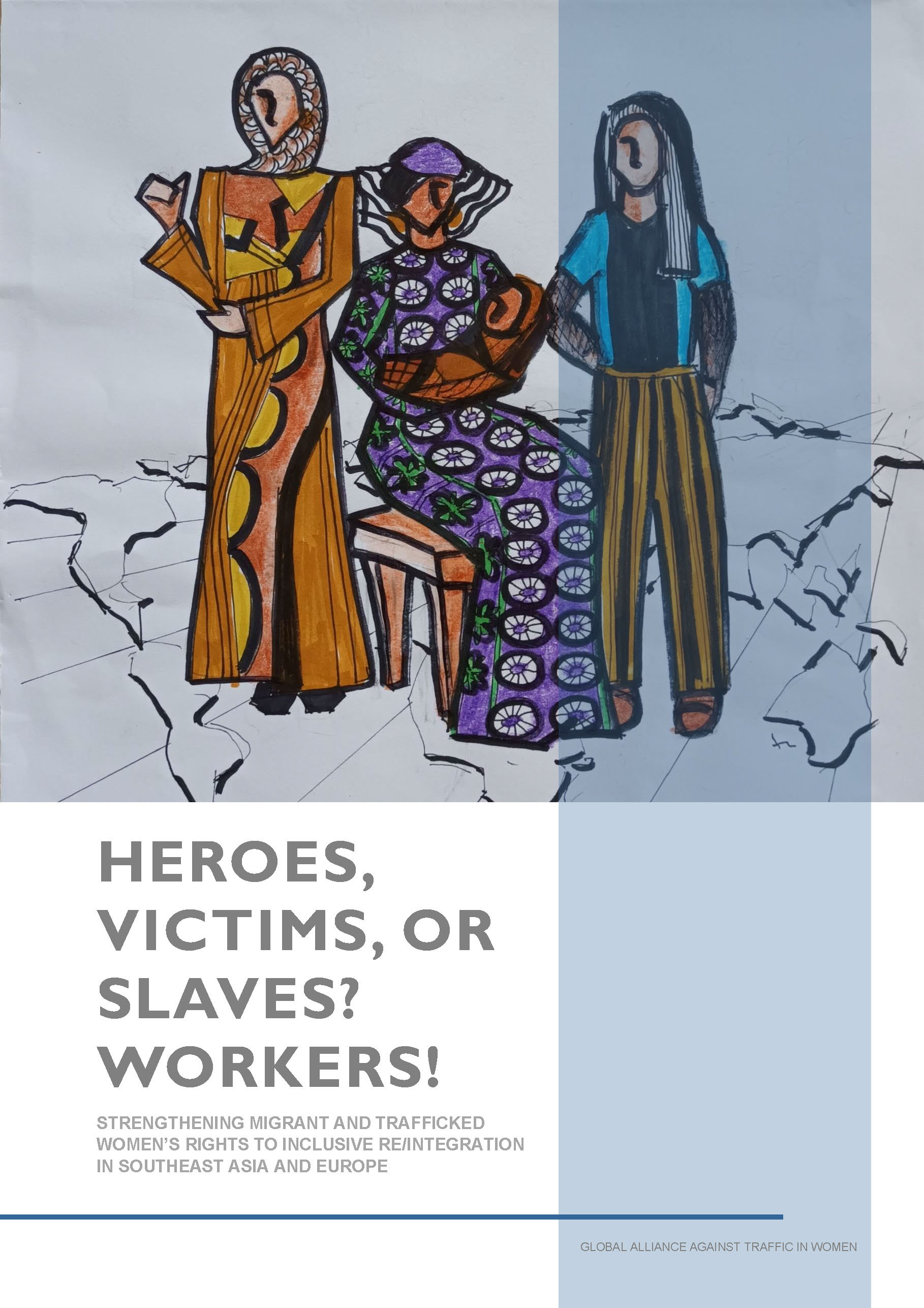
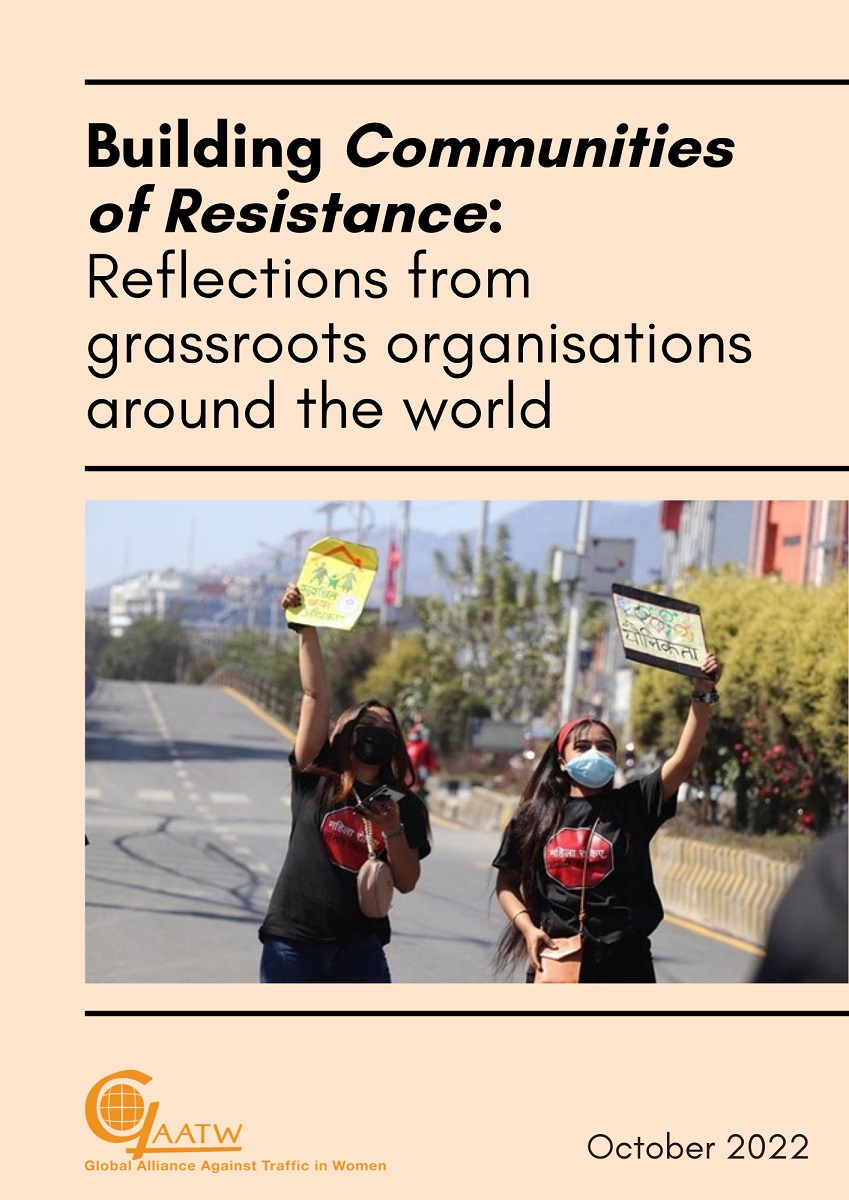
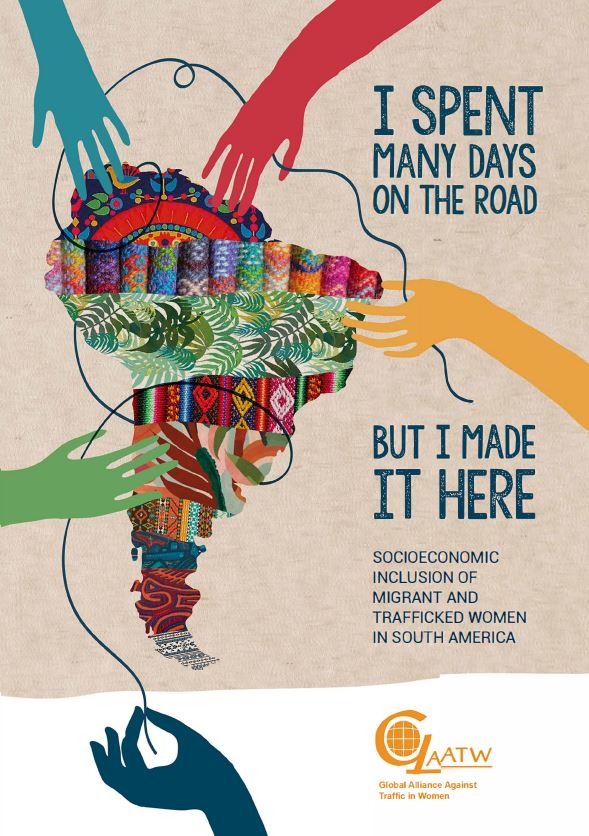
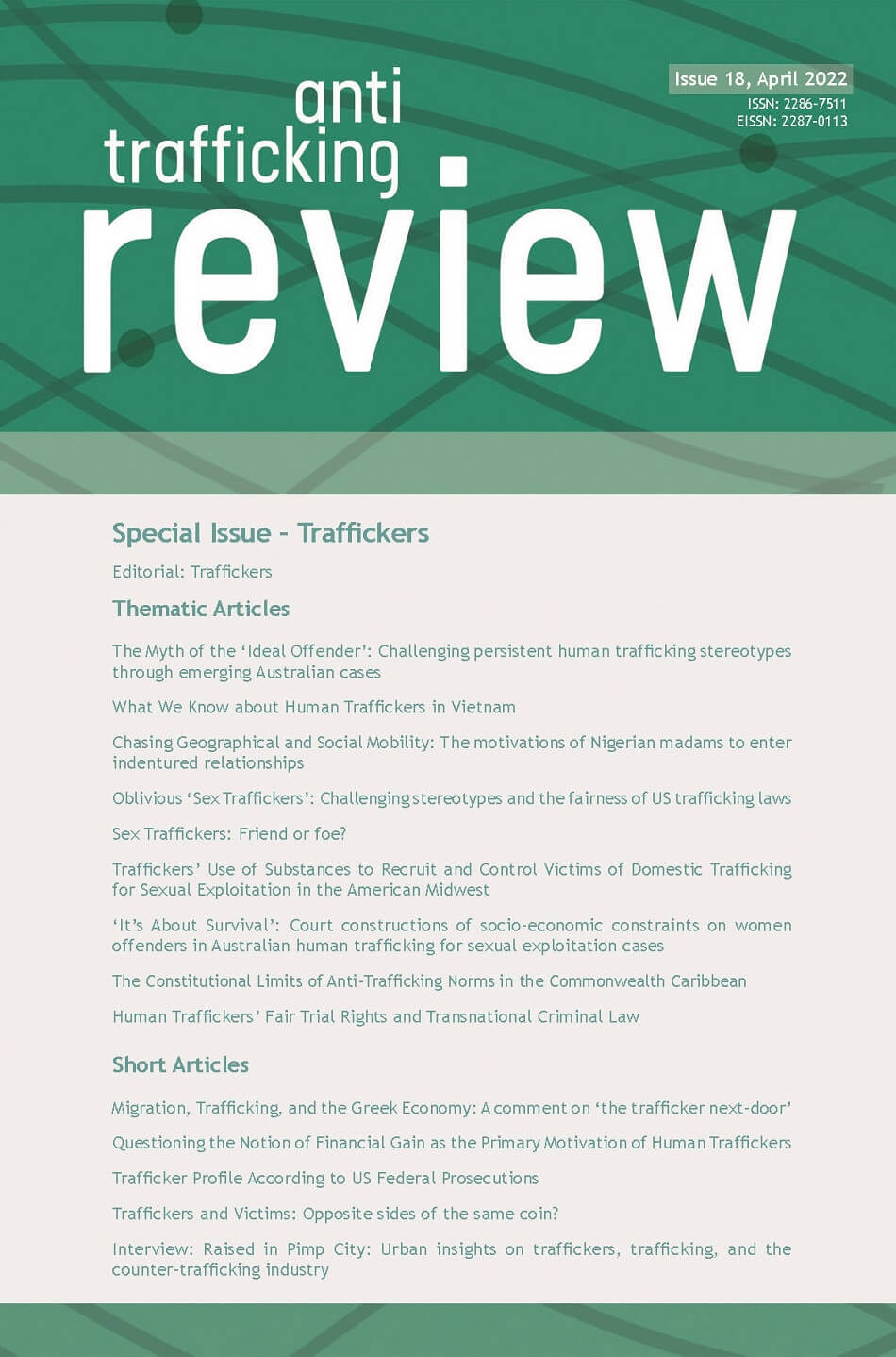
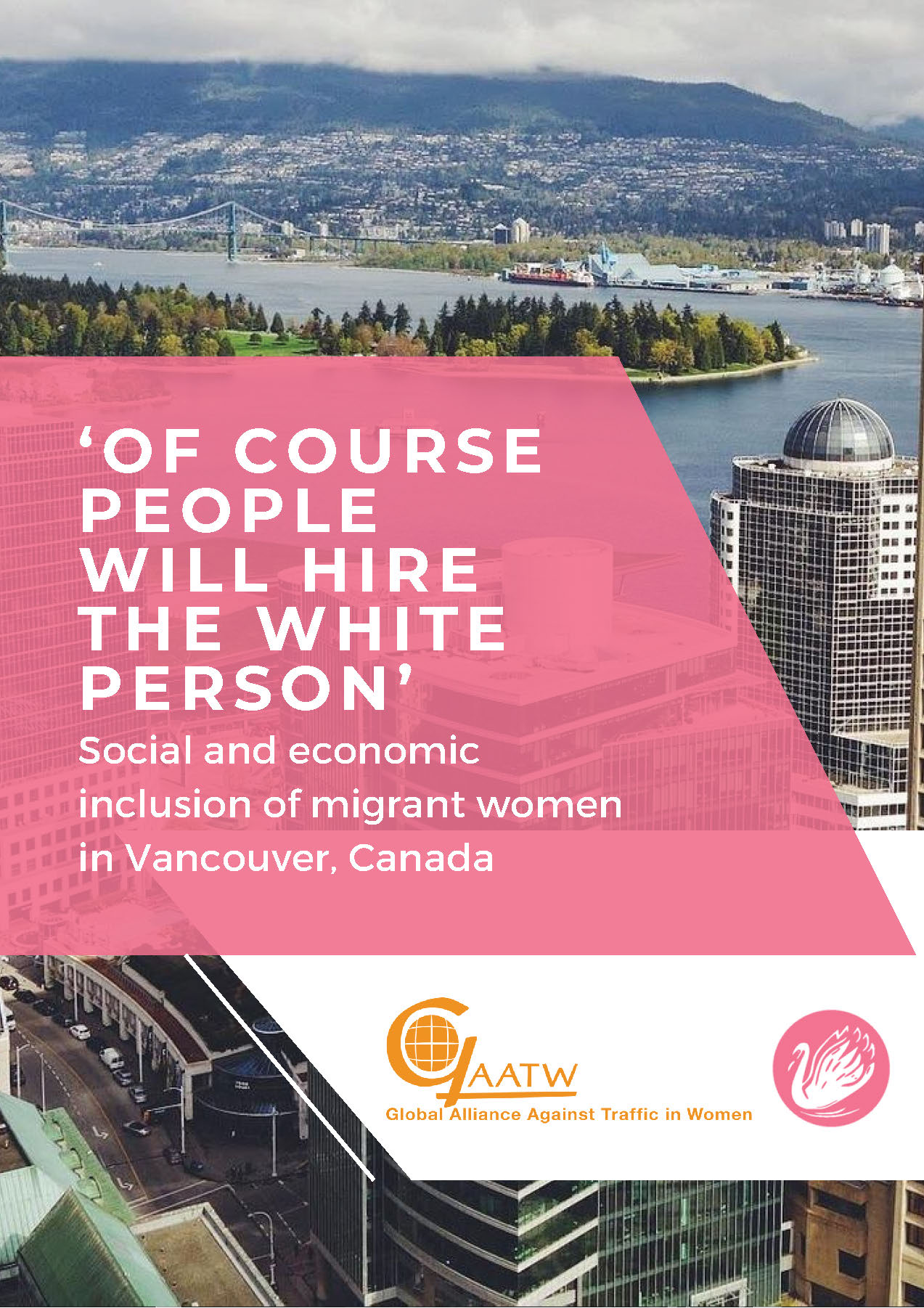
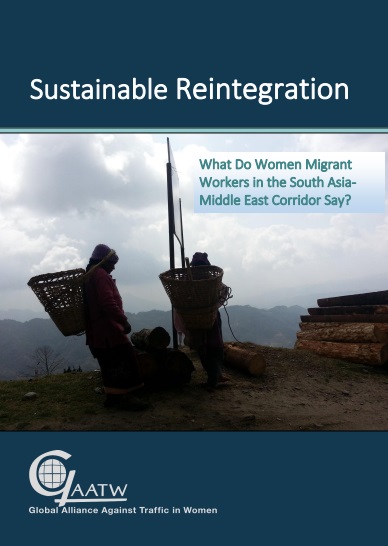
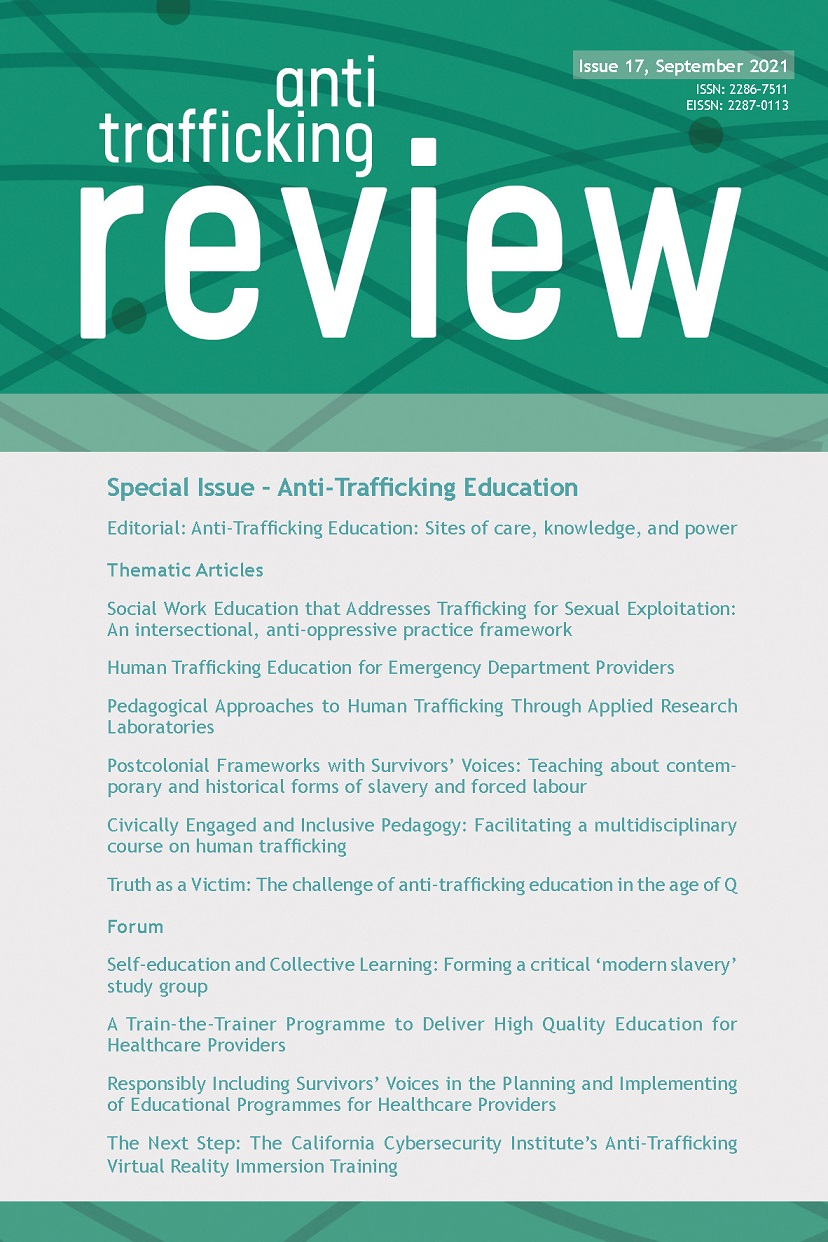
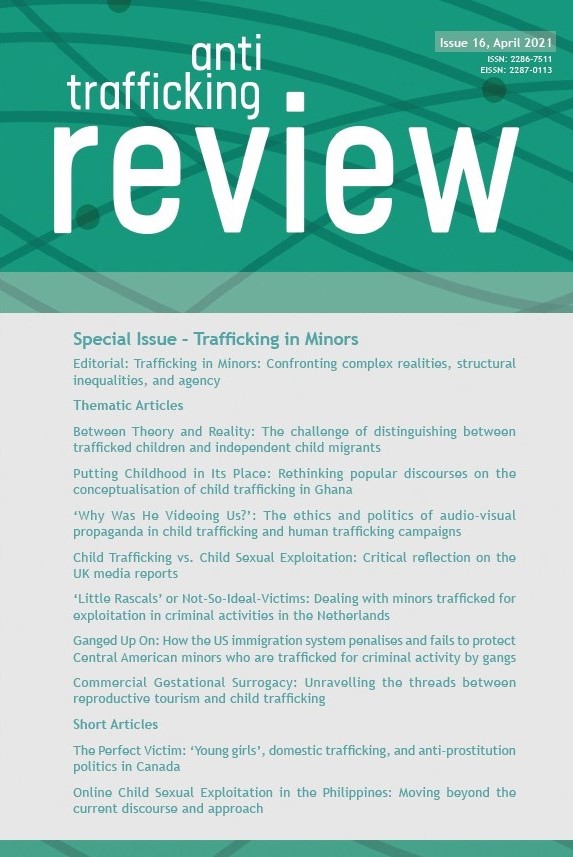
.pdf - Adobe Acrobat Pro 2_8_2021 4_36_32 PM.png)
